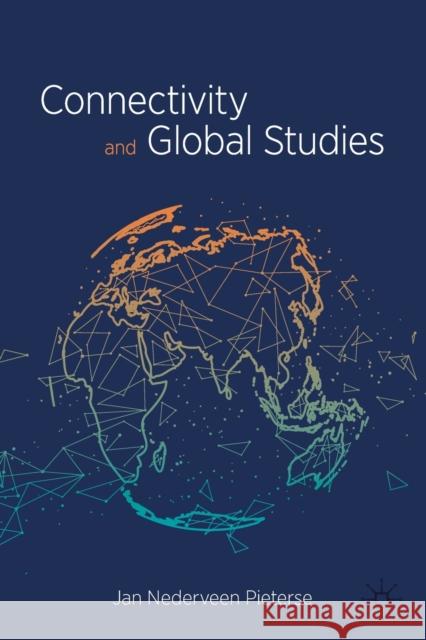Connectivity and Global Studies » książka
topmenu
Connectivity and Global Studies
ISBN-13: 9783030595975 / Angielski / Miękka / 2021 / 230 str.
Kategorie:
Kategorie BISAC:
Wydawca:
Palgrave MacMillan
Język:
Angielski
ISBN-13:
9783030595975
Rok wydania:
2021
Wydanie:
2021
Ilość stron:
230
Waga:
0.36 kg
Wymiary:
23.39 x 15.6 x 1.35
Oprawa:
Miękka
Wolumenów:
01
Dodatkowe informacje:
Wydanie ilustrowane
7 DNA and Connectivity
Coming Home to Globalization
DNA Analysis
Identity and Time
8 Technology and Connectivity
Instrumentalism, Tech Optimism
Tech and Hegemony, WikiLeaks and Snowden
Transparency from Above, from Below
What Is Truth?
Tech and Institutions
9 Art and Connectivity
Civilizations and Osmosis
Power and Patronage
Modern Syntheses
Contemporary Art/Contemporary Globalization
Distributed Consciousness
10 Borders and Connectivity, Enlargement-and-
Containment
Boundaries and Borders
Enlargement-and-Containment, Debordering and Rebordering
11 Paradoxes of Populism
Authoritarianism and Rightwing Populism
Paradoxes of Populism
Long Waves
Deglobalization or Reorganization of Globalization?
Afterword
References
Index











